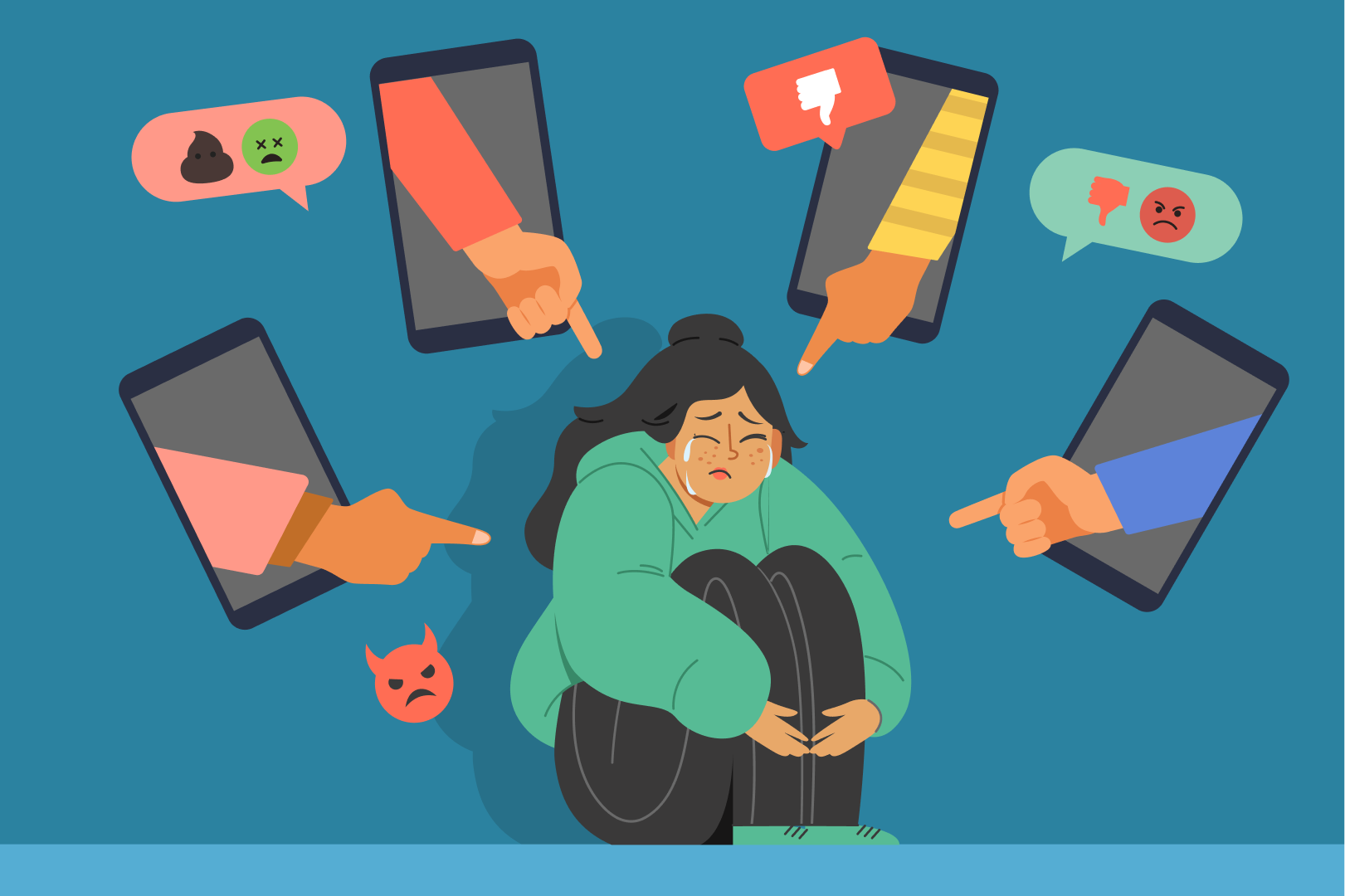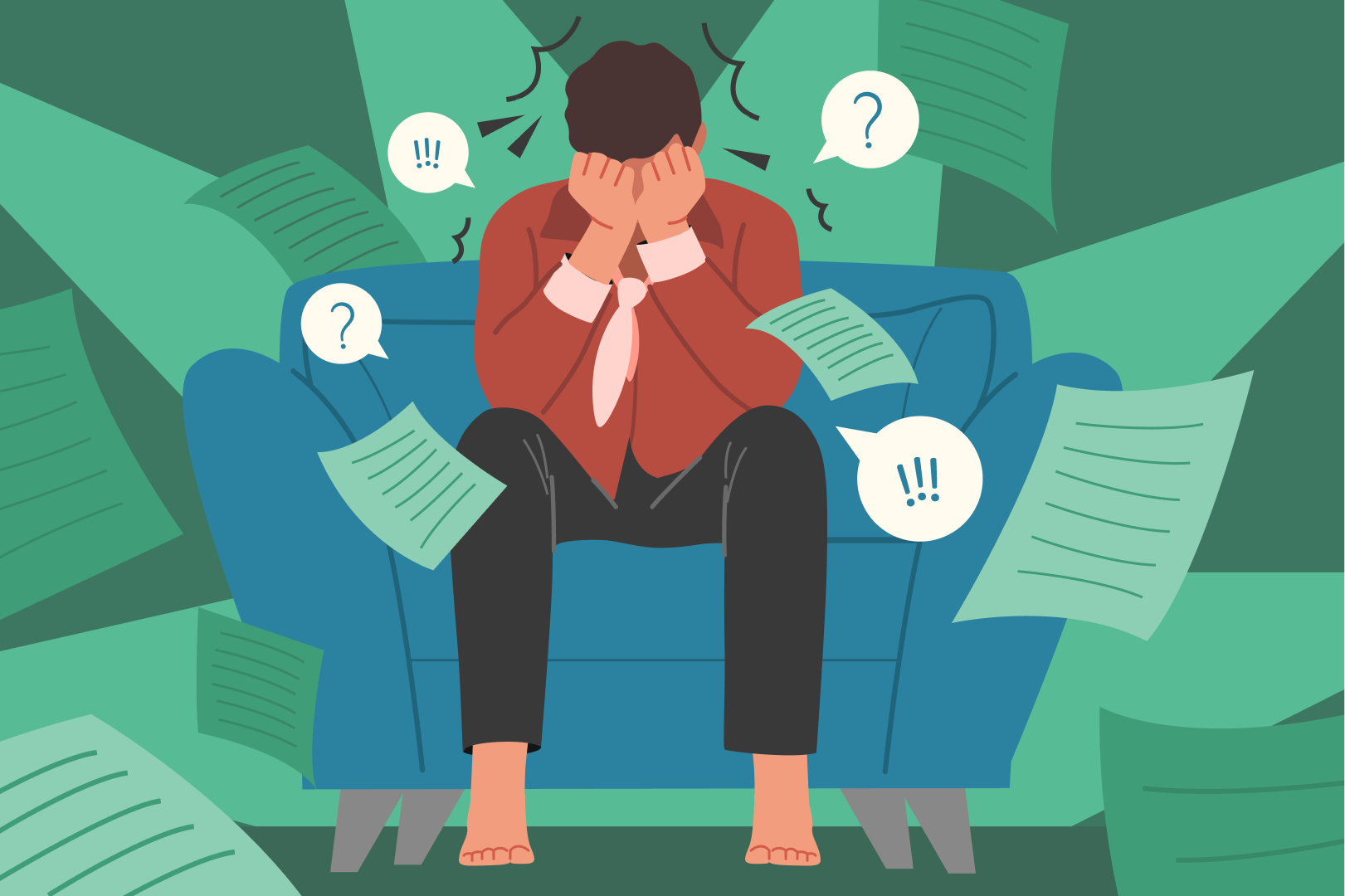Peer counselling or support groups are based on modeling theory, which holds that individuals are likely to learn best from those whom they identify as being most like themselves. It is believed that through exposure to successful individuals with similar thinking, less experienced persons can develop hope, learn and adopt more effective behaviors, and have increased social support.
It is a special mentorship program for peers by peers. It includes people going through the same issues in life, looking for guidance from their peers, or looking to learn from others. Facilitated by peer counselors, peer counseling occurs when people share knowledge, experience, emotional support, practical or social help to one another.
Through peer counselors, counseling is meant to offer an atmosphere where anyone can come to share, learn, and help others going through a similar situation. Unlike other types of counselors, peer counselors are not always professional counselors. They are peers to the people they counsel through supportive interactions. This means that anyone can become a peer counselor once they are part of a counseling group. The goal of counseling is to help people to discover their own solutions to life issues. For instance, a peer support group for people going through depression gives you access to depression survivors who act as your peer counselor. If you are going through loss, you can get access to support counseling sessions to help you through the grieving process. There are peer support groups for people looking for general guidance to lead a better life and for people looking for career guidance. Counseling allows you to experience understanding and compassion from people who can relate to your experience.
These peer support programs also train students to be good listeners and identify the warning signs of suicide or other mental health concerns. The students act as leaders and mentors, while teachers, counselors, and mental health professionals provide support.
With peer to peer counseling, you can:
- Set goals and visions for your future
- Get access to specialized health care providers if you need one
- Grow your confidence and better your decision making
- Learn stress management methods that can help to overcome mental health issues
- Share your experience and learn from other people’s experiences
- Build lasting relationships
- Develop better communications skills
- Learn of the treatment options available for different conditions
Some parents may be overestimating their ability to tell if their child is depressed. According to the results, overconfident parents may not pick up on subtle signs that something is wrong—signs that their peers may be better equipped to spot.
Benefits of Peer Counseling
Being part of a peer counseling group or a one-on-one peer counseling session can benefit you in numerous ways.
You get direct advice –Whether you need guidance with a specific issue you are experiencing at school or need advice on how to lead a better life, counseling offers direct advice from people who have been there. It can help in a way that talking to a trained therapist cannot. What sets peer counseling apart is the fact that the facilitators or peer mentors are people who have had similar experiences.
You meet with people who speak your language –When you take part in counseling in a group setting, you will be around people who share your experiences. This gives you a free space to freely share what you have been through and learn from others who have overcome a similar challenge. By being amongst people who understand you, you are easily understood as everyone in the group lives through the same issues.
Round the clock available support – While not all peer counselors are available round the clock, some peer groups helplines can be contacted at any time.
Learning through other people’s experiences –When you decide to go for counseling, you will probably be placed with a peer counselor who has been where you are and have seen what you have seen and worked to recover from it. Being in the company of someone who has overcome the thing that stresses you serves as a reminder that you can find healing and recover from it.
Increasing family support – Peer counseling can be of benefit to family members to people going through different challenges. Increased support from family members can be fostered by making them understand your situation better through family peer counseling.
Sharing in a free and safe space – Regardless of what you have been through or are going through, peer counseling gives you a safe space to share amongst your peers. Your peer counselor has heard it all before or has gone through it before. This eliminates the fear of judgment or stigma. This is why peer counseling is one of the most recommended therapies for healing and recovery.
- Students can gain emotional, academic, and job skills support from older students who have been navigating the school for at least a year. These types of programs are teaching beneficial soft skills that will take each peer farther in any career path.
- Peers have influence on how teens dress and wear their hair, as well as negative decision-making. Peer support groups can prove that peer pressure can work in a positive way as well.
- A Mutually Beneficial Support System- The benefits go both ways, with the older students learning responsibility, empathy, and leadership skills. The communication skills that both learn are another bonus.
- It is an opportunity to give back – If you benefit from peer counseling, you can pay it forward by becoming a peer counselor. You do not need a degree in counseling to offer help. Your experiences, communication skills, and recovery journey are enough to allow you to offer counseling to other people in need.







